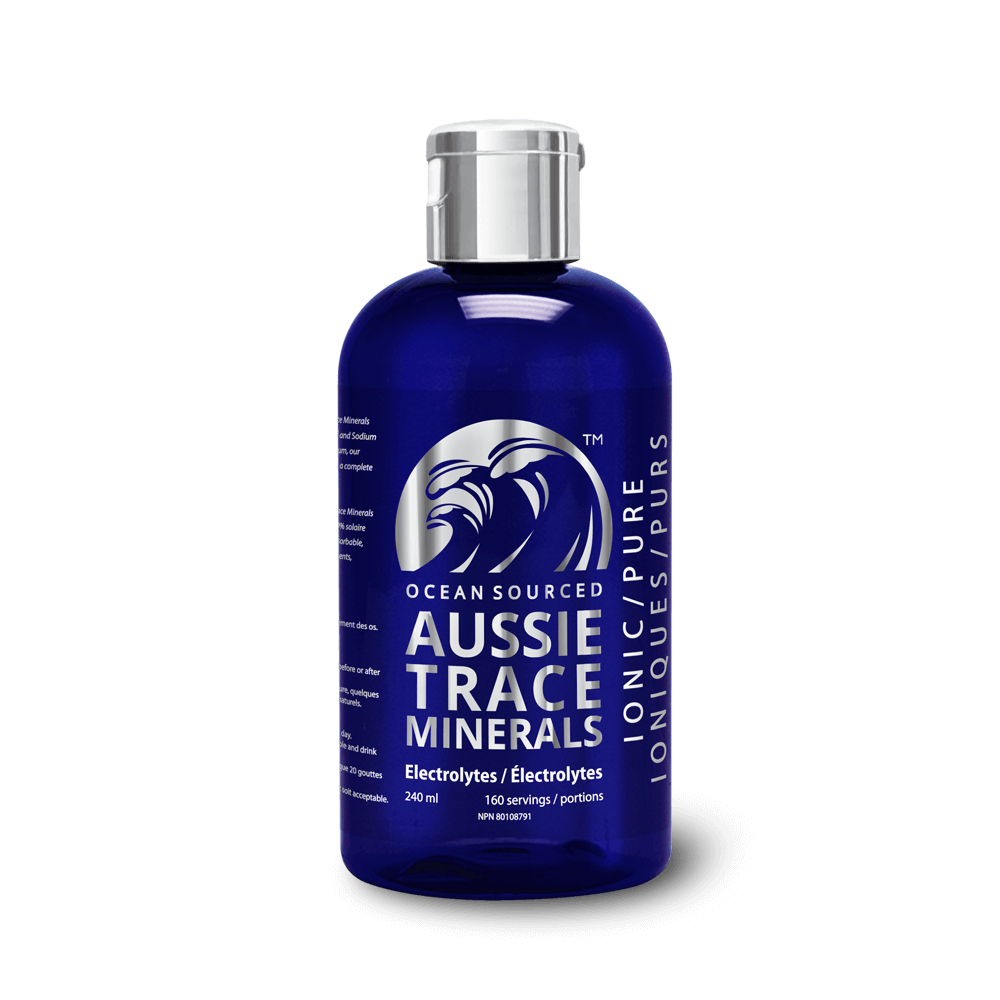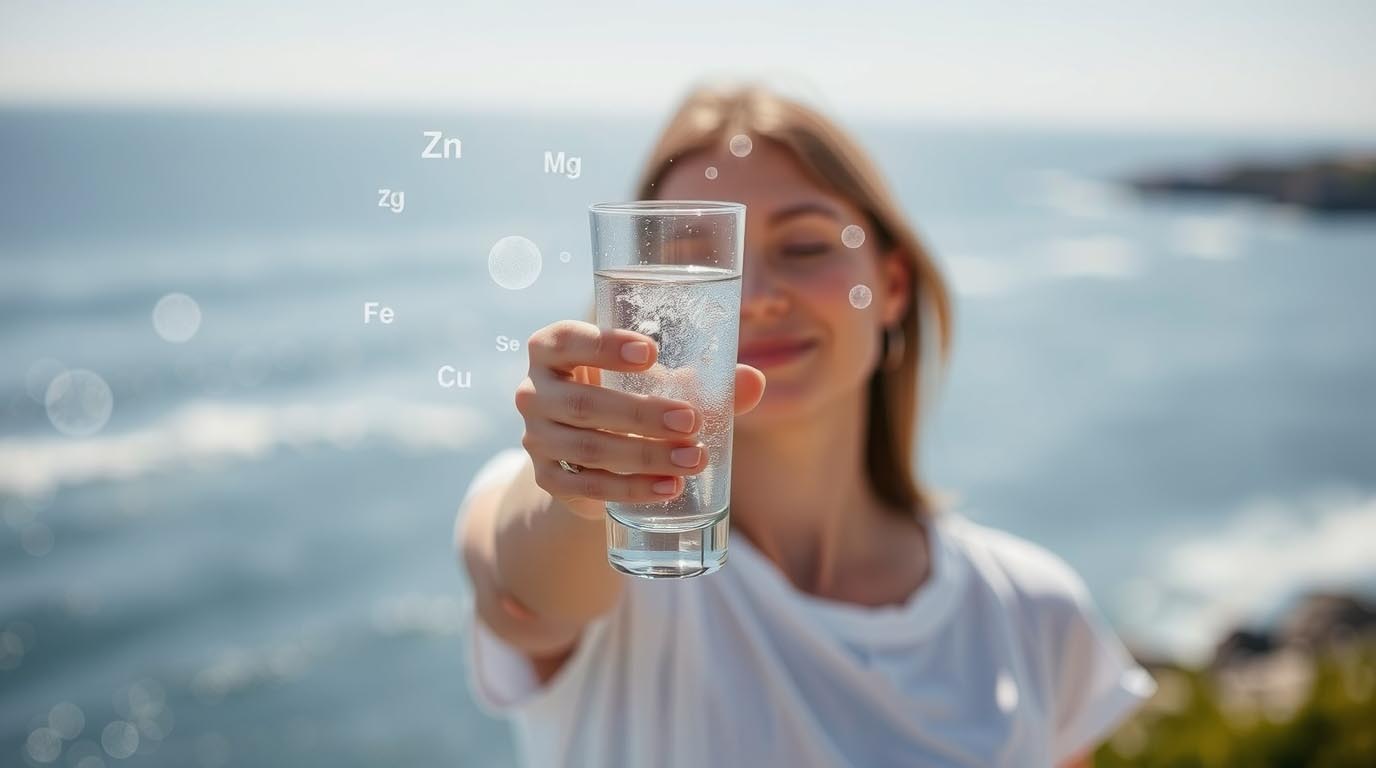Our bodies are incredibly complex systems, more sophisticated than even the most advanced supercomputers. With around 37 trillion cells, each undergoing billions of biochemical reactions every second, it’s essential that most of these processes happen successfully for us to stay healthy.
Despite this vast complexity, our bodies rely on just a handful of essential inputs. These include water, macronutrients, vitamins, minerals, antioxidants, and other nutrients — all of which we get from what we consume: the food, drinks, and air we take in.
Macronutrients — carbohydrates, fats, and protein — provide energy (calories). Water is obtained through both food and drinks, while vitamins and antioxidants come from food, drinks, and supplements.
Minerals: Macronutrients vs. Trace Minerals
Minerals are generally categorized into two types: macrominerals and trace minerals.
- Macrominerals (such as calcium, phosphorus, magnesium, sodium, potassium, chloride, and sulfur) are needed in larger amounts. These are typically easy to obtain from a regular diet.
- Trace minerals, on the other hand, are needed in much smaller quantities but are equally important for health. These include chromium, cobalt, copper, fluoride, iodine, iron, manganese, molybdenum, selenium, and zinc.
Trace minerals are typically required in amounts of 1–100 mg/day by adults and represent less than .01% of total body weight. Despite their small presence, they play critical roles in various metabolic processes, and a deficiency can impact health.
Many trace minerals act as catalysts in enzyme systems, aiding in energy metabolism and helping neutralize oxidative stress from free radicals. For example, iron and copper are essential for oxygen transport in the body, while other trace minerals help combat oxidative damage.
Sources of Trace Minerals
While some foods contain trace minerals, most people’s diets don’t provide sufficient amounts regularly. As a result, supplementing with trace minerals can be beneficial. When choosing a supplement, it’s important to understand the different sources of trace minerals:
-
Synthetic Trace Mineral Products
The most common type of trace mineral supplements are synthetic, often marketed as electrolytes or hydration drinks. These typically contain sodium (regular salt) and lab-made trace minerals. While they may look good on paper, these products often contain fillers, artificial colors, flavors, sweeteners, and suspension agents. The body doesn’t absorb synthetic minerals well, leading to digestive issues, and in some cases, minerals can compete for absorption or even cancel each other out. -
Plant Extracts (Coconut Water)
One natural source of trace minerals is coconut water, which contains potassium, sodium, calcium, and magnesium. While coconut water is a better option than synthetic drinks because of its natural mineral salts and increased bioavailability, it falls short as a dedicated trace mineral supplement due to its high sugar content and limited range of trace minerals. -
Lake Salt
Salt from lakes, such as the Great Salt Lake in Utah, offers another source of trace minerals, including chloride, sodium, boron, and sulfate. However, these minerals are mostly inorganic and may not be as easily absorbed by the body. While lake salt is naturally free of sugars, its mineral content is predominantly sodium and chloride, which could be concerning for those on low-sodium diets. -
Deep Ocean Water
Deep ocean water, extracted from depths of at least 200 meters (660 feet), is one of the best natural sources of trace minerals. It’s rich in essential elements like magnesium, calcium, potassium, chromium, selenium, zinc, and vanadium. The water is more mineral-dense than surface water, containing a mix of both organic and inorganic minerals with fewer impurities due to the absence of photosynthesis and organic decomposition. Deep ocean water offers a pristine mineral profile, higher in desirable minerals magnesium, potassium, iodine, and sulfur compared to other sources, with lower sodium content. Studies suggest that deep ocean water may have numerous health benefits.
Choosing Your Trace Mineral Source
Trace minerals are vital for maintaining good health. Depending on your diet and individual needs, you may or may not be getting adequate amounts. When selecting a supplement, consider your personal health goals, your desire for naturally occurring minerals, and the bioavailability of the supplement.
By choosing the right trace mineral source, you can ensure you’re supporting your body’s many essential biochemical processes effectively.
Sources:
- da Mota Leal Lemos, Isabela & Aniceto, Adriana & Teodoro, Anderson. (2023). Coconut water: production, nutritional properties and health benefits.
- Observatorio de la Economía Latinoamericana. 21. 971-993. 10.55905/oelv21n2-021.
Goff JP. Invited review: Mineral absorption mechanisms, mineral interactions that affect acid-base and antioxidant status, and diet considerations to improve mineral status. J Dairy Sci. 2018 Apr;101(4):2763-2813. - Great Salt Lake Wildlife. Utah Division of Wildlife Resources. State of Utah. 2025
Mohd Nani SZ, Majid FA, Jaafar AB, Mahdzir A, Musa MN. Potential Health Benefits of Deep Sea Water: A Review. Evid Based Complement Alternat Med. 2016;2016:6520475. - Murillo H., Different types of chemical reactions, ReAgent Chemical Services. Cheshire UK Dec, 2022
- Pazirandeh S., Burns D.L., Griffin I.J. Overview of Dietary Trace Minerals. Wolters Kluwer Health; Alphen aan den Rijn, The Netherlands: 2012.
- Pubmed. National Library of Medicine. U.S. Department of Health and Human Services. Accessed Feb 10, 2025.
- Thatcher L. The Great Salt Lake Mineral Industry. historytogo.utah.gov. State of Utah. Accessed Feb 10, 2025.

